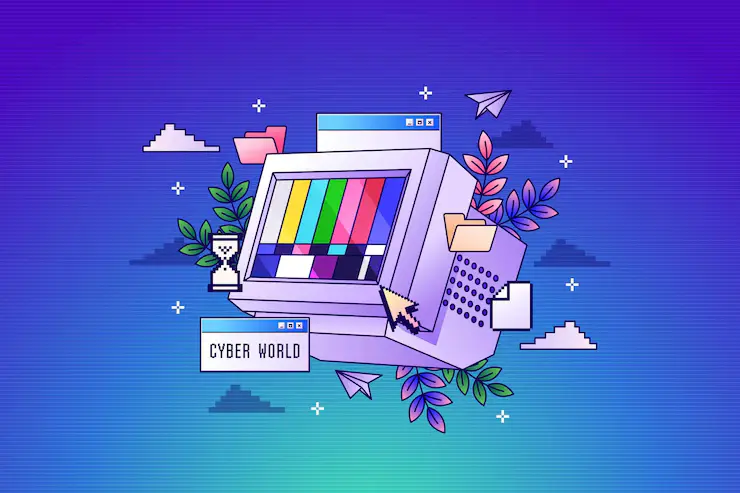Obtaining a Masters of Nursing Degree Online

The healthcare industry continues to grow as the population of aging baby boomers grows. This fact is particularly true for advanced practice registered nurses (APRNs). According to the Bureau of Labor Statistics (BLS), they project the number of APRNs could increase by as much as 45% from 2019-2029. This would make it one of the most desirable careers in the United States for those interested in the medical field.
APRNs can specialize in various roles such as nurse practitioners, nurse midwives, and anesthetists. A nurse practitioner fills a professional space between physicians and registered nurses, with a nurse practitioner responsible for treating and diagnosing patients.
According to the American Association of Nurse Practitioners (AANP), 96% of them prescribe medication. In addition, the American Association of Nurse Practitioners states that about 41.7% of NPs have hospital privileges, and 11.7% of them have long-term care privileges.
But what is necessary to become a Nurse Practitioner? To quality for licensure, you need a master of science (MSN) in nursing. Distance learning has become extremely popular due to the convenience and flexibility it affords its students. It also allows students to save time and money that would be spent on commuting to a campus. That is why many aspiring NPs are enrolling in online MSN programs.
What about those students who desire to obtain an MSN but do not want to go into nursing? Direct entry MSN programs teach the basics of becoming a nurse practitioner, even with no medical field experience. But a bachelor’s degree is required. These programs are intended for anyone wanting to change their career field or increase their earning potential.
Besides the bachelor’s degree from a non-nursing program, a transfer of classes to the direct-entry MSN program is required. The courses can be outside of the bachelor’s degree and can include the following.
- Anatomy
- Human Growth and Development
- Microbiology
- Nutrition
- Physiology
- Statistics
Direct-entry programs will be accredited through either the Accreditation Commission for Education in Nursing (ACEN) or the Commission on Collegiate Nursing Education (CCNE).
The direct-entry MSN programs are popular with those RNs who currently have the required bachelor’s degree and desire to expand their careers into teaching or administrative fields. They can expect their salary level to increase near the upper $80,000 range.
At one time, earning an MSN was the only way for nurses who wanted to become an advanced practice RN, including clinical nursing specialists, certified nurse-midwives, clinical nursing leaders, anesthetists, or nurse practitioners. This changed in 2015 when the American Association of Colleges of Nursing changed the recommendation to a Doctor of Nursing Practice degree. State regulations govern which degree is required for advanced practice nursing.
If you are considering a direct-entry MSN program, expect to devote three years studying full-time. The first year you will be taught from bachelor-level sources. The final two years will be graduate-level courses. A student enrolled in the direct-entry MSN program will have their general education and science credits from their bachelor’s degree transferred into the program. Therefore they will begin taking core nursing classes immediately.
Some of the names a direct-entry MSN program can be called are:

- (AE-MSN) Alternate Entry Master of Science in Nursing
- Direct Entry MSN
- (ELM) Entry-Level Master’s
- (ELMSN) Entry Level Master of Science in Nursing
- (MECN) Master’s Entry Clinical Nurse
- (MEPN) Master of Science for Entry to the Profession of Nursing
The direct-entry MSN programs offer many different platforms for classes. They include accelerated, online, and part-time. Many students today favor online delivery, and there are many universities and colleges throughout the country offering these programs. Students are provided a quality education regardless of where they live.
Information is abundant online for those interested in pursuing this further.










